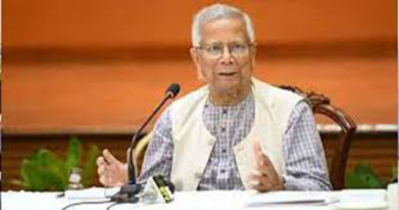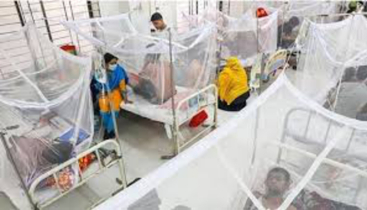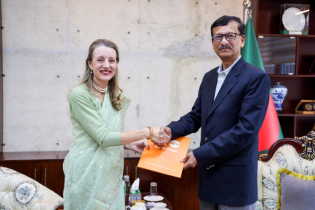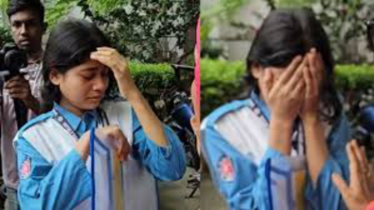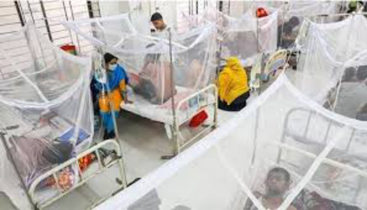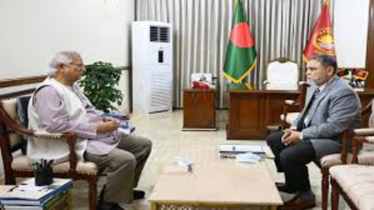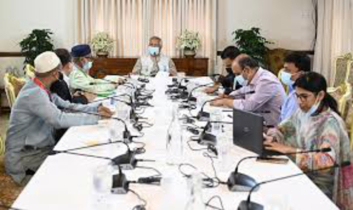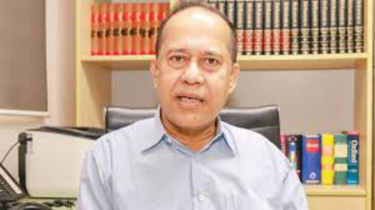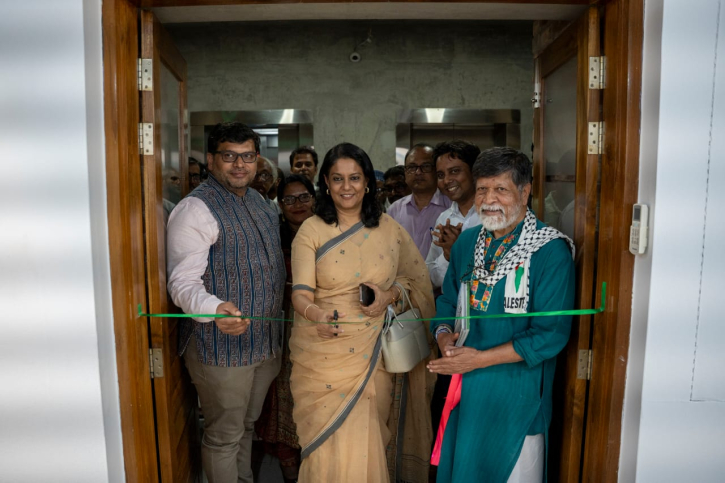
As rising seas devour land and embankments collapse, Bangladesh faces a worsening climate emergency. Families in places like Gabura, Ashashuni, and Maheshkhali rebuild their lives repeatedly—despite contributing less than 0.56% to global emissions.
To ensure meaningful action, community voices must be translated into national policies and brought into international climate forums. The frontline experiences of Bangladesh’s coastal communities must not be overlooked—they are key to shaping just, inclusive, and locally rooted climate solutions the world urgently needs.
With this discussion and insight shared, Oxfam in Bangladesh, Breaking the Silence (BTS), and Drik Picture Library jointly hosted an event today on 26 June 2025 titled “Lives on the Edge of Climate Change: Struggle, Hope and the Future” at DrikPath Bhobon, Panthapath. The event included a policy dialogue, photobook launch, and exhibition with a report presentation on the Strategic and Impact Assessment of 49 development projects in Bangladesh’s coastal belt.
During the event, Doulatunessa, Community Member, Shyamnagar, Satkhira, shared, “Every year, we face disasters like floods that tear down our homes, and we rebuild them with fading hope. Those of us who cannot leave simply move from one side of the river to the other, circling for survival. I’ve lived this life long enough, but what frightens me is the future—will my children and grandchildren carry this same burden?”
Syeda Rizwana Hasan, Adviser, Ministry of Environment, Forest and Climate Change, said, “Climate change is no longer a distant threat—it is a daily reality for millions of Bangladeshis. The stories we hear from coastal communities are not just local tragedies, they are evidence of a global injustice. If we want real solutions, we must translate community experiences into national policy, and then elevate those voices to international forums. We must collaborate—with urgency and empathy.”
Through twelve intimate, community-rooted stories, the event shed light on the daily realities of families who live at the frontline of climate change—despite contributing the least to its causes. It illustrated how rising sea levels, salinity intrusion, floods, cyclones, and river erosion are not just climate phenomena, but deeply personal experiences that shape lives, livelihoods, and entire generations. From broken embankments in Satkhira to the vanishing forests of Maheshkhali, each story echoes the pain of loss, the resilience of adaptation, and the fierce will to survive.
Ashish Damle, Country Director of Oxfam in Bangladesh, said, “When embankments collapse in Ashashuni or water turns salty in Koikhali, people don’t give up—they adapt, they rebuild. But how long can this cycle continue? Climate justice must be rooted in listening to these stories and acting on them.”
Panel reflections included voices from Tasmima Hossain, Chairperson, Breaking the Silence and Editor of Ittefaq “Those least responsible bear the heaviest burden, as the global crisis unfolds through local injustice. This crisis is not just about the climate—it’s about inequality, neglect, and whose lives are valued. We must act together.”
Dabaraj Dey, Head of the Project Management Unit at Oxfam in Bangladesh, presented on the topic. Dr Shahidul Alam, Managing Director of Drik Picture Library; Jacob De Leon, Second Secretary at the Australian High Commission in Bangladesh; Roksana Sultana, Executive Director of Breaking the Silence; and Mahmuda Sultana, Programme Director at Oxfam in Bangladesh, were among the key speakers who joined the discussion and emphasized the urgent need for climate justice. Md Sariful Islam, Head of Influencing, Communications, Advocacy and Media of Oxfam in Bangladesh moderated the session.
Voices from the ground were also central to the dialogue, as community members from Bangladesh’s southern coastal regions shared their lived experiences, raised critical concerns, and called for stronger, more inclusive action. The event was organized under the Blue Economy and Inclusive Development for Climate Justice (BID4CJ) with the support of the Department of Foreign Affairs and Trade (DFAT) of the Australian Government.
At the end of the dialogue, speakers launched the book and unveiled the exhibition. The exhibition (open for all) will continue till 28 June from 3:00 pm to 8:00 pm every day at DrikPath Bhobon, Panthapath.
TH

.png)
